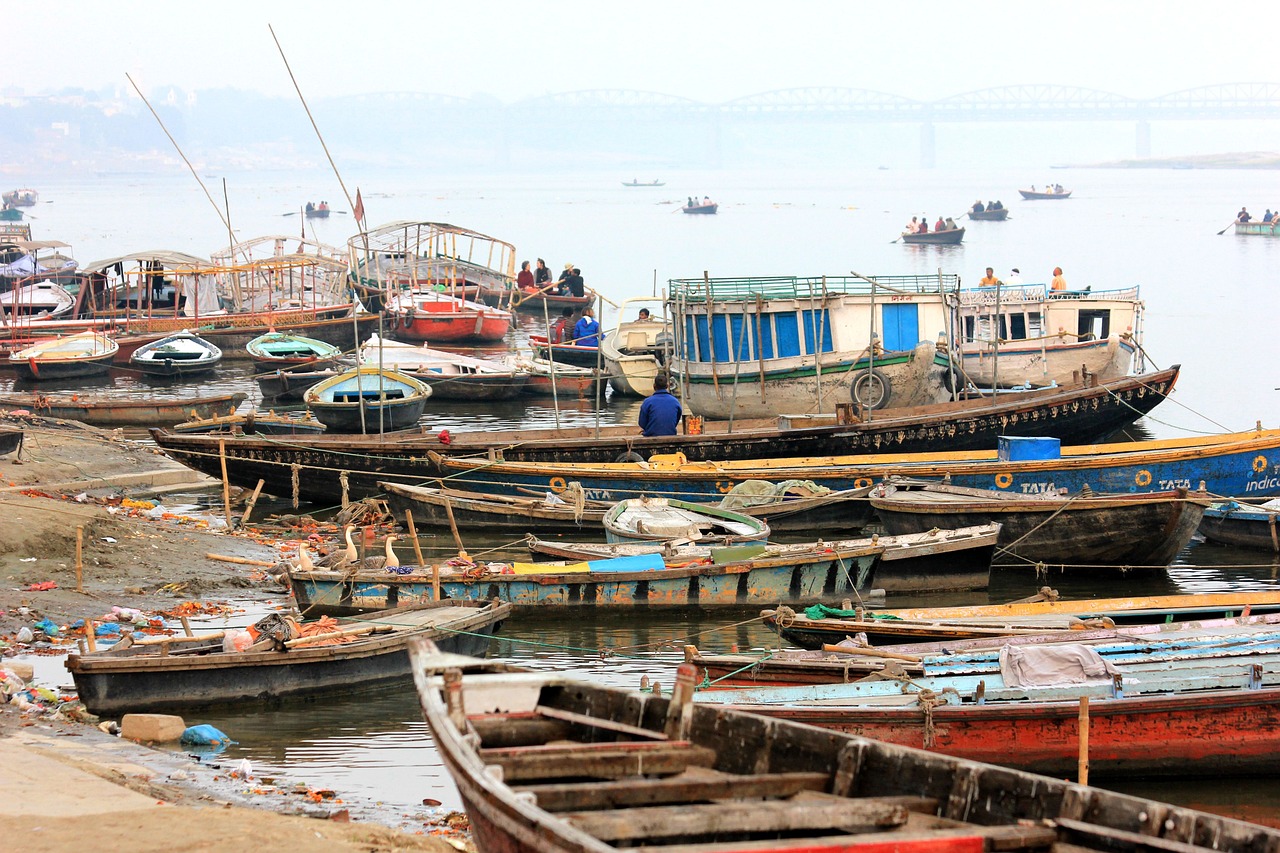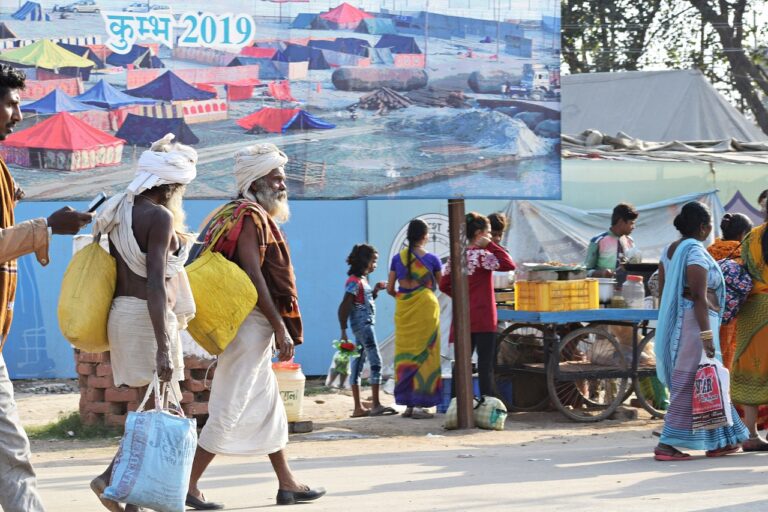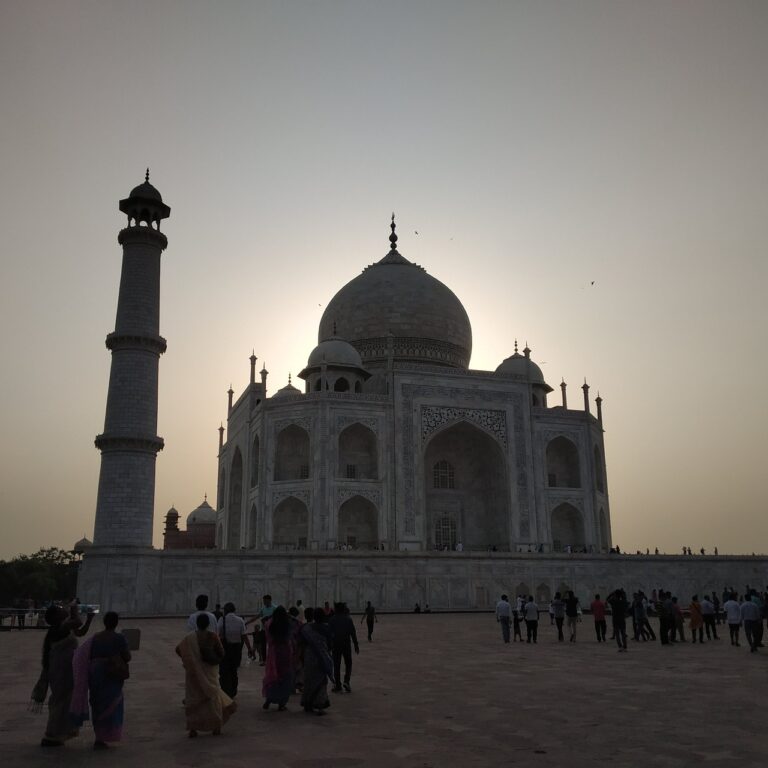Election Observation Missions: Ensuring Fair and Transparent Elections
Elections are a cornerstone of democracy, allowing citizens to choose their leaders and shape the direction of their country. However, the integrity of elections can be compromised by a variety of factors, including fraud, violence, and intimidation. In order to ensure that elections are free, fair, and transparent, election observation missions play a crucial role. These missions are comprised of international and domestic observers who monitor the electoral process and report on any irregularities they observe.
The Role of Election Observation Missions
Election observation missions are typically organized by international organizations such as the United Nations, the European Union, or regional bodies like the Organization of American States. These missions are usually deployed to countries where there are concerns about the fairness of the electoral process, such as allegations of voter suppression, ballot tampering, or other forms of electoral fraud.
The primary goal of election observation missions is to ensure that elections are conducted in accordance with international standards and the laws of the country in which they are taking place. Observers carefully monitor all aspects of the electoral process, including voter registration, campaigning, voting, and the counting and tabulation of votes.
By providing an independent assessment of the conduct of elections, observation missions help to build public confidence in the electoral process and deter fraud and other malpractices. Observers also make recommendations for improvements to electoral laws and procedures based on their findings.
The Types of Election Observation Missions
There are two main types of election observation missions: short-term and long-term. Short-term missions are deployed in the weeks leading up to election day and focus on assessing the overall environment in which the election is taking place. Long-term missions, on the other hand, are deployed several months before the election and provide a more in-depth analysis of the electoral process.
Short-term election observation missions typically consist of a team of international and domestic observers who are deployed to different regions of the country to monitor the conduct of the election. These observers are usually trained in election monitoring techniques and are tasked with reporting any irregularities they observe.
Long-term election observation missions are more comprehensive in scope, with observers monitoring not only the electoral process itself but also broader political developments leading up to the election. These missions often involve political analysts, legal experts, and other specialists who can provide a more nuanced analysis of the political landscape.
The Challenges Faced by Election Observation Missions
While election observation missions play a crucial role in promoting free and fair elections, they also face a number of challenges. One of the main challenges is gaining access to all aspects of the electoral process, as some governments may try to restrict the activities of observers or limit their freedom to move around the country.
Another challenge is ensuring the safety and security of observers, particularly in countries where there is a risk of violence or intimidation. Observers have been threatened, harassed, and even killed while carrying out their duties, making it essential for missions to take precautions to protect their members.
Additionally, election observation missions must navigate complex political environments, where there may be competing interests and pressures from various stakeholders. Balancing the need for impartiality with the need to build relationships with key actors can be a delicate task.
The Impact of Election Observation Missions
Despite these challenges, election observation missions have had a significant impact on the conduct of elections around the world. By shining a light on irregularities and malpractices, observers help to deter fraud and promote accountability among electoral officials and political parties.
Observation missions also help to build public confidence in the electoral process, as citizens know that their votes are being counted fairly and accurately. This, in turn, increases voter turnout and strengthens the legitimacy of elected officials.
Furthermore, observation missions contribute to the development of democracy by promoting transparency and accountability in the political process. By making recommendations for improvements to electoral laws and procedures, observers help to strengthen democratic institutions and ensure that elections are conducted in a free and fair manner.
Frequently Asked Questions
Q: How are election observation missions funded?
A: Election observation missions are typically funded by a combination of international donors, host governments, and participating organizations. Funding arrangements vary depending on the mission and the organization leading it.
Q: What happens if observers report irregularities in an election?
A: If observers report irregularities in an election, the findings are typically made public in a final report that is released after the election is over. These reports may include recommendations for improvements to the electoral process.
Q: Can election observation missions intervene in the electoral process?
A: Election observation missions do not have the authority to intervene in the electoral process or overturn the results of an election. Their role is to monitor the conduct of the election and report on any irregularities they observe.
Q: How are observers selected for election observation missions?
A: Observers for election observation missions are typically selected based on their expertise in election monitoring, their language skills, and their knowledge of the country where the election is taking place. They may be recruited from international organizations, civil society groups, or government agencies.
Q: What impact do election observation missions have on post-election processes?
A: Election observation missions play a key role in shaping post-election processes by providing an independent assessment of the conduct of the election. This helps to build public confidence in the outcome of the election and promotes stability and peace in the aftermath of the vote.
Q: How can citizens get involved in election observation missions?
A: Citizens can get involved in election observation missions by volunteering to serve as domestic observers or by supporting organizations that conduct election monitoring. By participating in observation missions, citizens can help to promote free and fair elections in their country.
In conclusion, election observation missions are a vital tool for ensuring that elections are conducted in a free, fair, and transparent manner. By monitoring the electoral process and reporting on any irregularities they observe, observers help to promote democracy and build public confidence in the electoral process. Despite the challenges they face, election observation missions have had a significant impact on the conduct of elections around the world, contributing to the development of democratic institutions and the promotion of accountable and transparent governance.







